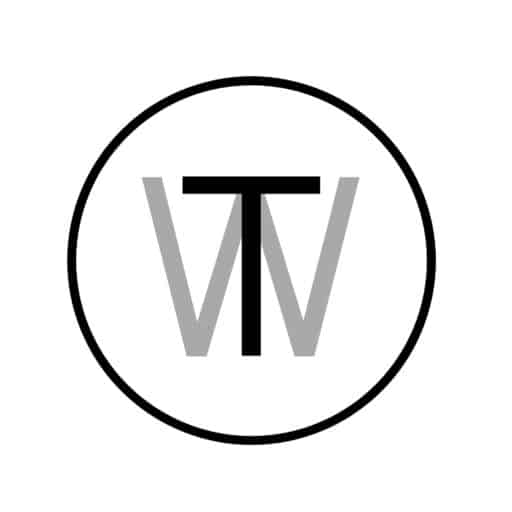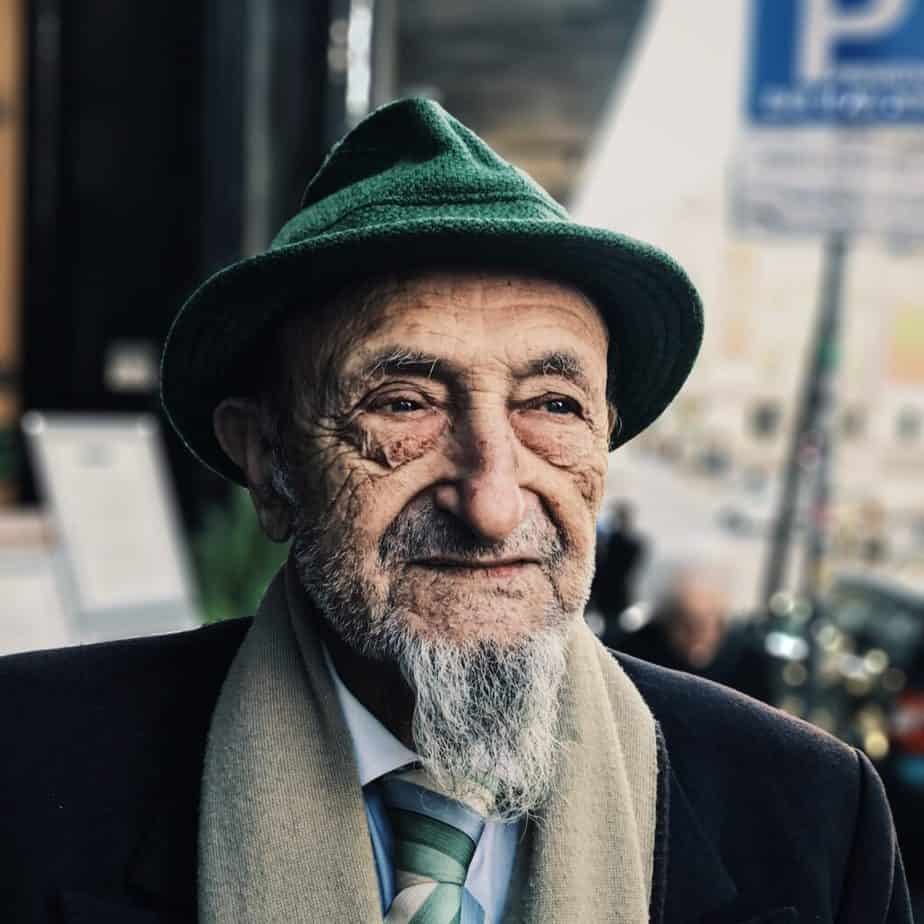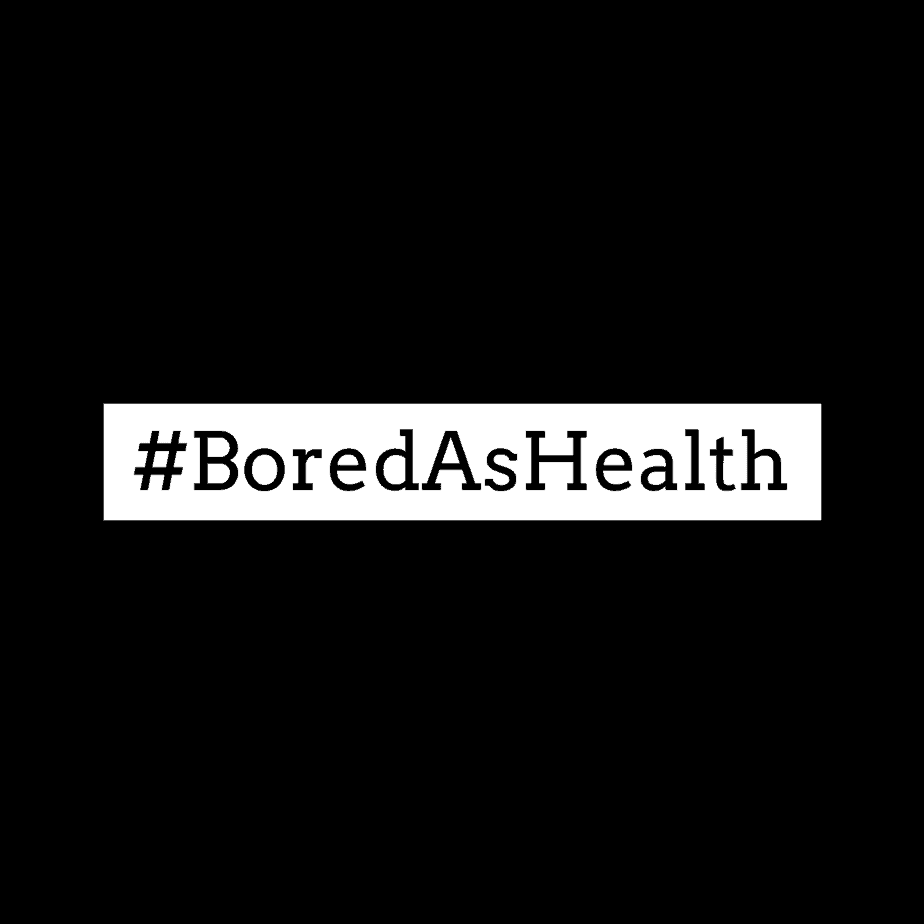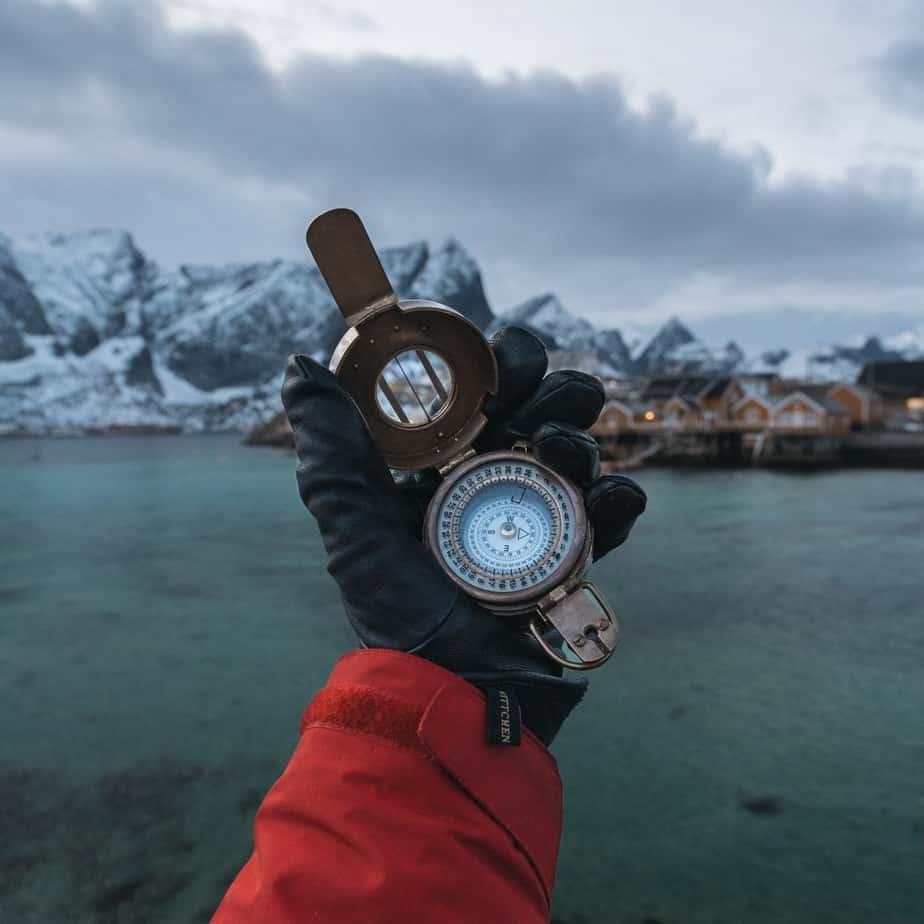What does it take to make a habit last? What is the anatomy of a worthy pursuit? How do we find renewed meaning in the things we do over and over? These are the types of questions I seek answers for every single day.
Well, I think I may have stumbled upon a universal truth which, if embraced, could give our lives more meaning than we ever thought possible.
Twitter and the Purpose of Life
“See one. Do One. Teach one.”
– William Steward Halsted (Former Chief of Surgery at Johns Hopkins Hospital & Creator of the 1st formal Residency program in the United States)
I’m fairly certain that it was a comment in a Twitter thread (from which all wisdom seems to originate) where I first read the phrase “Learn. Do. Teach.” I could not even tell you what the topic of conversation was about, but I remember seeing the words, and I instantly knew it somehow captured a universal truth and principle of life I had struggled to define for years.
In just three word, Learn. Do. Teach. seems to encapsulate the natural steps of continuous macro-development (lifelong) and micro-development (short-term). In other words, it describes how one progresses from student to participant to teacher in the greater scheme of life (i.e. child to adult to parent who teaches children of their own) as well as in things like particular skills, trades, ideas, etc. (i.e. moving from apprentice to craftsman to instructor).
To me, it also shows that this cycle of learning, doing, and teaching is a beautiful and natural gift each of us can give to the world. In many ways, it is the most evergreen, limitless, and far-reaching thing we can do in this life. At the very least, then, I decided to write an article about it. For the sake of simplicity, try and read this through the lens of the following phrase:
The purpose of life is to live with purpose.

Sign up for my free Newsletter!
get access to:
Information On Habit Change & Consistency
Accountability * Support * Community
E-Books * Articles * Instructional Videos
Inspiration * Motivation * Methodologies
Free Swag & More!
How Long Does it Take to Change the World?
One day in my early 20s, I was going through a major transition back to the faith I grew up on (after a brief hiatus), and I met a great friend named Ace who is an incredibly unique combination of down-to-earth, yet larger than life. After some introductory conversations, he and I started to meet and do bible studies, discuss life, see movies with friends, etc. Ace is a devout Christian who took the early Apostolic days of the religion very seriously. It seemed that his mission was to return Christianity back to the essence of its “purest” days before Christians had money, political power, and a majority population. I have to admit, even in the present time, as I no longer identify as a Christian, I look back on that and think that his ideology made a lot of sense in its application.
While that was his pursuit, his methodology was to replicate the model of discipleship in its original form. Ace was seeking to do for others what someone else had done for him – take them under his wing, show them acceptance and love, teach them the ways of Christianity, and then instruct them how to go out into the world and repeat the cycle. Christians call this “The Great Commission”, and I have seen firsthand the tactical superiority of this method to evangelize. It provides people with that which we all seek – identity, purpose, and acceptance.
Like so many throughout history, if you genuinely believed strongly enough that there is a way of living that, when distilled down to its basic elements, would make the world a better place to live in, how could you not try and teach others about it? How could you not feel compelled to “enlighten” people? This was my plight, perhaps even my curse that holds a different form in my mind to this very day. So when Ace sat me down all those years ago and walked me through a thought experiment, I had no idea the impact it would make on my perspective.
He asked me, “How long do you think it would take to inhabit the entire world with Christians?”
“I have no idea,” I responded.
“Imagine if we started today,” Ace said, “And I was the only Christian on this planet, but by the end of this year, I converted you into a true believer and disciple of Jesus. The number of Christians would have doubled from 1 to 2, right?
“Easy math so far.” I said confidently.
“Then, let’s say the next year we both go out and convert two more people, one per person. Now we have four converts total. The year after that, imagine that all four of us convert one person each, making eight total. We, and our converts, continue this mission of converting one person per year, year after year. How long do you think it would take to inhabit the earth’s total population with disciples?”
I shrugged.
“35 years”, Ace said.
This blew.my.mind.
If only I was able to grasp the concepts of compound interest in the realm of personal finance like I had with evangelism of a religion that I would later leave, I might be a rich man today. But I can’t look back with regret because Ace had taught me two very valuable lessons:
- Consistency has the power to change my life and the lives of others.
- Focused effort pays greater dividends than I ever thought possible.
Looking back on it, I believe that my childhood prepared me for that moment. While I am no longer a Christian, I use that thought experiment as a reminder that I don’t need to inhabit the entire earth with my worldview, but it is possible to move thousands, perhaps millions or more, to reorient their lives in meaningful ways to them.
In other words, by learning, doing, and teaching a select number of people how I found and applied the joy, purpose, meaning and identity that was right for me, those very people will then be equipped with the ability to find and apply the joy, purpose, meaning, and identity that is right for them.
And once they learn their path and make it their own, they are also able to teach others to do the same. That is forever. That is a legacy…
The Legacy Trend
The figure below entitled “The Legacy Trend” illustrates the impact of the thought experiment that Ace explained to me that fateful day. I gave it this name because I believe there is no greater gift you can give the world than an everlasting force for good – a legacy that lives on. With that said, it’s important to know what it takes to create one that lasts.
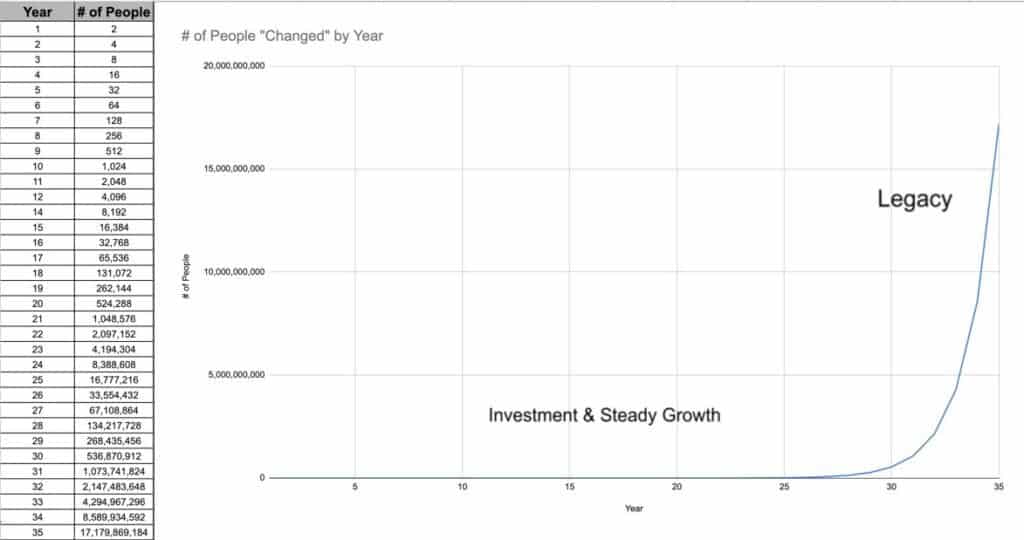
Take a look at the chart and think about what lessons you can learn from a model like this. Here are some thoughts that came to my mind:
By the Numbers
- The first 10 years will likely be a brutal test of trust and determination. While you will be steadily doubling in numbers, you would also barely be a blip on the radar of the global population.
- The next 10 years (10-20) will show unbelievable growth, but it will have only changed the lives of 0.01% of the global population.
- At year 30, you will have changed the lives of nearly 1 billion people, roughly 13% of the global population.
- From years 31-35, in just 14% of the time spent, you will have captured the remaining 93% of the global population.
Lessons Learned
- Massive change takes time, belief, and incredible patience.
- It is likely that most of the world will never know who you are or the value you bring. Be OK with that.
- There is tremendous value in focusing on one thing at a time.
- Teaching others to teach others creates an infinite legacy.
- Consistent effort is less about what you do and more about what others end up doing because of you.
- Theoretically, anyone could change the world by investing in just 35 people.
How to Use This
By no means do I think any particular religion is meant to serve as the exclusive way of life that we should aim to duplicate in others. Quite the opposite, actually. I believe that universal truths lie within and outside of religion, philosophy, wisdom teachings, science and technology, etc. It is only by teaching our fellow man and woman to keep seeking, keep learning, keep improving, and just to keep going that it becomes a part of our global culture to build the reality we seek rather than to simply take what is given to us.
The Legacy Trend is not a timeline, nor an exact science. People change. They get older and wiser. Those who adopt someone else’s teachings might put their own spin on things. They might expedite a cause or slow it down, help it or hurt it, change it, refine it, etc. The point is not to solidify a doctrine of some sort, teach it to people, and convert the planet to your “way of life.” Instead, the point is to continuously be the reason that someone’s life gets better, and ideally, teach them how to do the same for others.
This is the exponential differentiation – teaching people how to live a life well-lived while also teaching them how to teach others how to live a life well-lived. That is an unstoppable force.
You can be a parent, a coach, a teacher, a mentor. You can be a good friend who keeps another friend honest and accountable. You can be a great spouse who exemplifies all the strengths that your partner lacks. You can be a kind and generous neighbor who others seek to be like.
You can even be a model prisoner or an ideal recovery patient. You can set the standard for what it means to admit wrongdoing, learn from your mistakes, and correct course.
Your legacy can be whatever you want, but you can see in the example above that the longer you stay with it, the more lives will be touched by yours…just for having lived it the way you did.
Three Thoughts to Leave You With
1. What am I willing to endure?
When you embark upon a journey to make meaningful change in your life, it may be beneficial to ask yourself “What am I willing to endure to become this new person who lives this new way?” Chances are, if your current circle behaves differently than the way you plan to live, your consistent habit changes will begin to create distance between you and them. You may discover that your partner is unwilling to support you or that your new priorities don’t align with his/hers. Perhaps the town you live in is not conducive to the new life you’re seeking. Or maybe you will need to sell some of your valuable belongings to finance a new venture.
This new life is likely to change your priorities, your stressors, and your environment. Are you ready to deal with that? Are you prepared to manage, or maybe even let go of the places, people, and things that stand in your way?
2. We are What We Do Repeatedly
If it is true that at least 50% of our daily actions are made up of habits, and habits make us who we are, then we had better give them some serious thought. My highest recommendation when it comes to this practice is to focus on who I want to be, not just on what I want to do.
3. Pursue a legacy, not an outcome
Some people wake up in the morning thinking about what they have to do. Others wake up thinking about what they choose to do.
For what it’s worth, I’ve been both of those people at different times in my life, and there are certainly still days where I am less interested in getting out of bed than others, but those days are fewer and farther between because I did my homework, thought it through, tested the waters, and I made it a daily practice to pursue a legacy, not an outcome.
A professor once told his colleague that he maintained a vigorous reading habit well into his later years because he preferred that his students drink from a running stream rather than a still pond. While we have valid reasons to stop and rest in all of the accomplishments we’ve achieved, doing so indefinitely would defeat the essence of what it means to orient yourself towards continuous improvement.
While it is good to sit back, relax, and enjoy the fruits of our labor, there is no point where we are finished. Even in death, our legacy lives on – the good, the bad, the seemingly insignificant. It all ripples outward into eternity, through the hearts, souls, and minds of those who live on.
Choosing Our Forever
“The only thing necessary for evil to triumph is for good men to do nothing”
– Edmund Burke
Habits passed down from generation to generation are a form of legacy, and some people’s habits are more destructive than constructive. The world could use greater, stronger, more lasting legacies for good.
This is not a matter of what we should do out of moral obligation. Rather, this is about freely choosing a practice birthed from wisdom, evolution, and universal truth to give us meaning, purpose, joy, and fulfillment that never ends.
If that is what you seek, then this could be your path:
Learn. Do. Teach.
Learn. Do. Teach.
Learn. Do. Teach.
Be well,
Teddy
